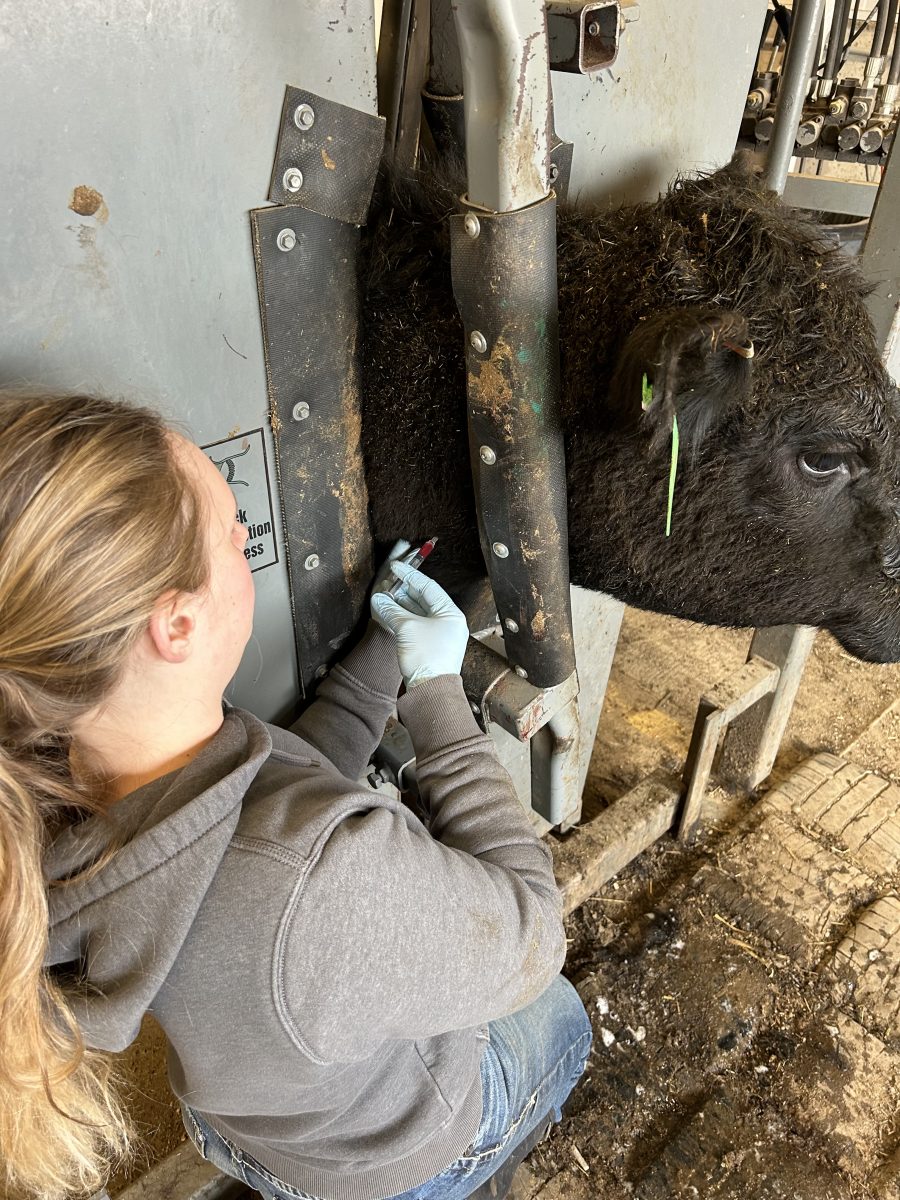Vets to speak on oil, climate
March 23, 2010
Vanessa Marcano
“I’d rather see another windmill in the prairie than another dead soldier on the field,” said Leighann Dunn, a veteran of the Iraq conflict and former member of the National Guard, concerning what she considers the United States’ dangerous dependency on foreign oil.
On March 30, alongside fellow veteran Eric Gage, Dunn will speak on the potential security threats linked to oil dependency and the destabilizing consequences of climate change, as part of the Operation Free: Veterans for American Power Tour. The forum, sponsored by SDSU’s Sierra Club, will take place at 7 p.m. in Rotunda D.
Operation Free is an effort made by a coalition of U.S. veterans and national security organizations that kicked off in 2009, with the purpose of raising awareness, as well as promoting action to address what they consider to be threats on national security posed by climate change.
The Veterans for American Power Tour has been taking veterans across the country to discuss these issues and attempt to inform Americans on their energy habits’ possible impact on national and international security matters.
“While I was in Iraq, I noticed our extreme dependency on foreign oil. Without oil, we could not run our entire operation,” Dunn said, adding that just one tank on the field gobbled up to 300 gallons of fuel a day. “The main targets attacked by enemy forces were usually convoys carrying oil and water, essential for us to run our operations.”
At the present, the CIA and the Department of Defense have recognized that climate change is a threat to the national security of the United States, Dunn said. According to Operation Free’s Web site, this is one of the reasons why they believe it is imperative to cut the country’s dependency on oil and begin developing alternative energy sources in American soil.
“We import around 66 percent of our oil from hostile nations. You have countries that sell us oil and then turn around and may be funding terrorist groups,” said Dunn, who also had a chance to attend talks during the 2009 United Nations Framework Convention on Climate Change in Copenhagen, Denmark.
While in Copenhagen, Dunn said she had a chance to speak with high-ranking military officials from different countries and learned about various security issues directly linked to climate change.
As an example, she cited the increasing number of “climate refugees” from Bangladesh going into China and India because floods and changes in weather patterns have caused them to lose land and the ability to grow crops.
In countries like Kenya or Sudan, people become desperate after they see their land disappear and their crops destroyed due to climate change, which in turn makes them vulnerable targets for terrorist groups to recruit individuals and produce conflict, Dunn said.
One of the main points Dunn wants to make is the fact that the U.S. needs clean energy legislation, in addition to economic incentives to facilitate the use of alternative sources of energy by the general population.
Yet not everything is bad news in the panorama of clean energy progress in the U.S. Dunn said that there are currently 300 military vehicles in Fort Leonard Wood, Mo., using alternative energy; at the same time, she said that the U.S. Navy and the U.S. Air Force is presently working on developing synthetic jet fuel.
“This is about defending ourselves, our national security and our freedom. Future wars will be fought over resources like water and oil,” Dunn said. “It is important to recognize this situation.”
During the forum at SDSU, Gage and Dunn will have a more detailed discussion, answer questions, and will be showing an informative video on how climate change is directly related to national defense and security.
“It’s already happening. People are already out there dying because of our dependency on oil,” Dunn said.



















